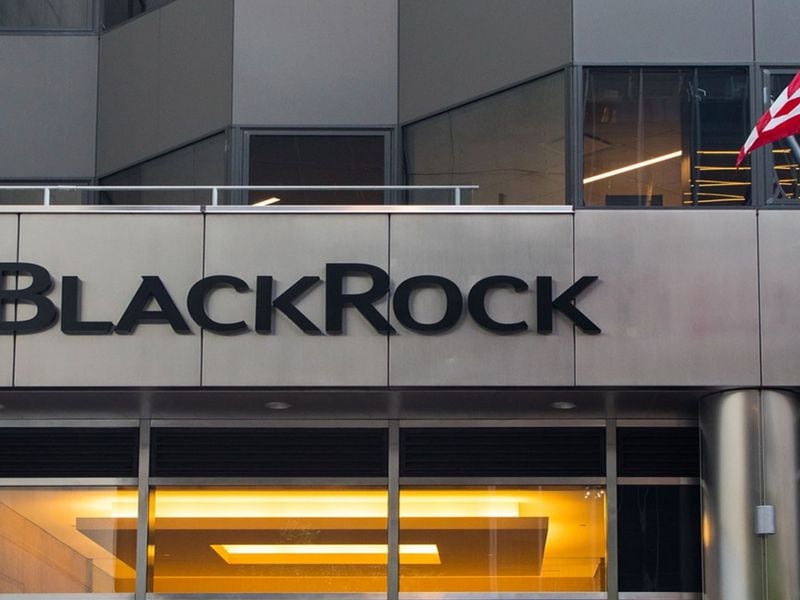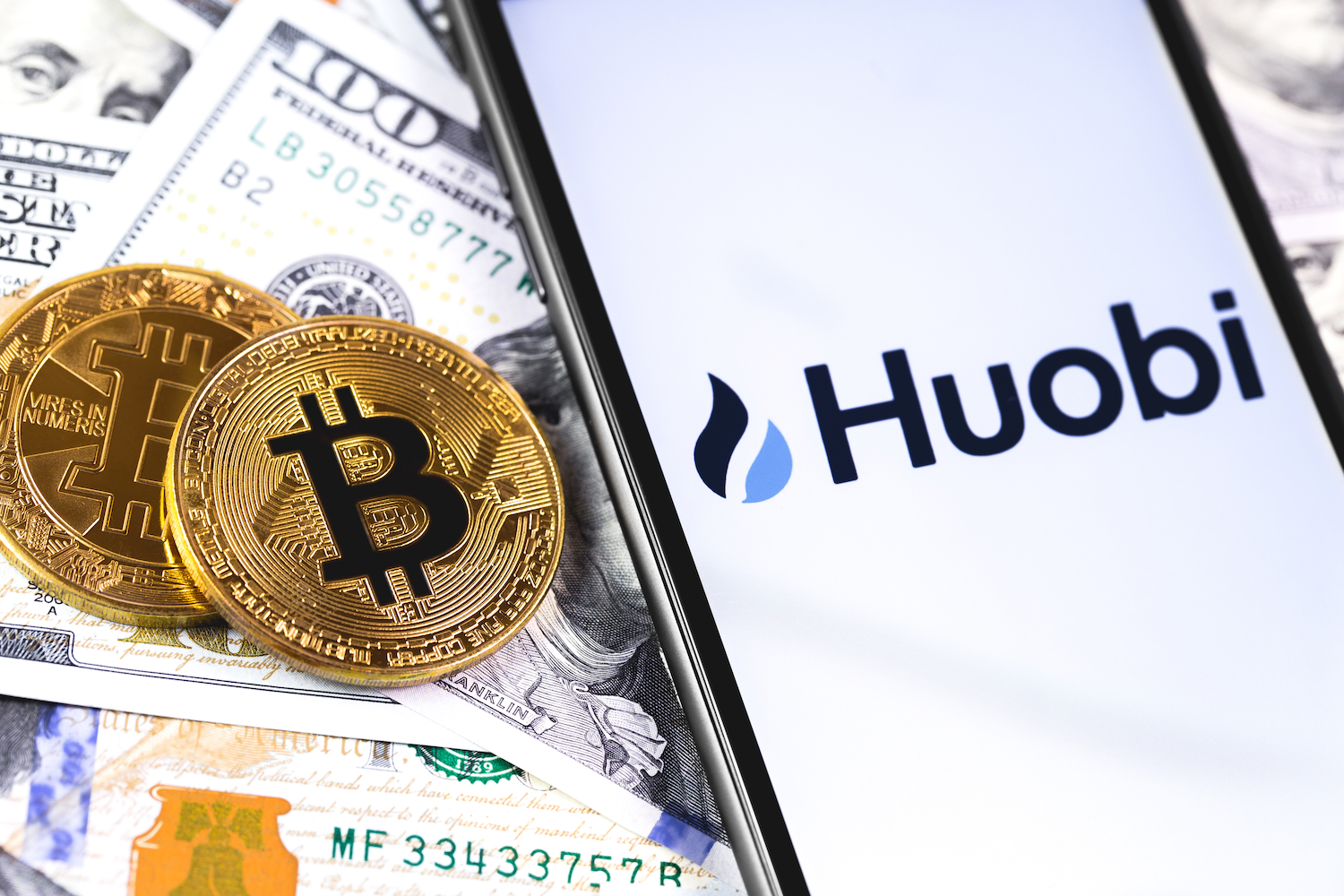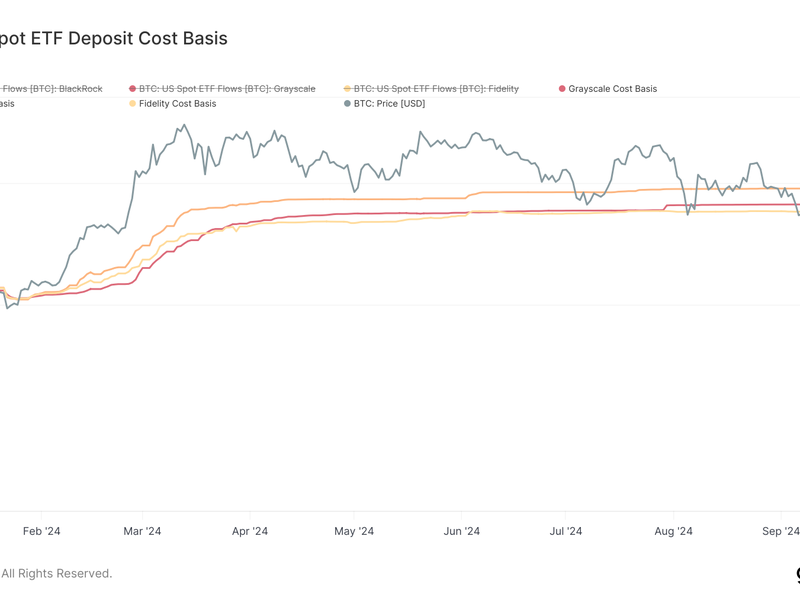Bitfinex Took 630 Million Tether Out of Circulation After Drop Below $1
Bitfinex is sending massive quantities of tether tokens back to the vaults.
The cryptocurrency exchange has overlapping management and owners with Tether Ltd., the company that issues a dollar-linked cryptocurrency of the same name (often abbreviated USDT). Both firms have come under increasing scrutiny following USDT’s dramatic break with dollar parity last week, when the exchange rate briefly dropped as low as $0.85 on the Kraken exchange. It has yet to fully recover.
It’s notable, then, that a wallet address controlled by Bitfinex has sent 630 million USDT to an address known as the “Tether treasury” in six large transactions over recent days. The first, of 200 million USDT, was sent the morning of Oct. 14, when Tether’s dollar exchange rate was beginning to hit multi-month lows.
Another 200 million USDT transaction followed two days later, when the token’s price was beginning to recover its peg to the dollar. The other 230 million USDT was sent over the following three days.

Tether treasury balance (labeled “Bitfinex Treasury”) in red. Image via Next Wave Strat.
These transactions have removed a massive chunk of USDT from circulation: CoinMarketCap shows Tether’s market capitalization falling by nearly a quarter as a result, to $2.1 billion at the time of writing.
Exiting?
It’s unclear why Bitfinex is taking supply off the market, but one theory is that Tether is getting out of the stablecoin business, buying back its own tokens at a profit.
This interpretation was put forward in a recent post by Su Zhu, CEO of the Singapore-based fund manager Three Arrows Capital, and a researcher publishing under the name “Hasu.”
According to Tether’s white paper, holders of the token can “redeem” USDT for U.S. dollars, which – according to the white paper – Tether holds in a bank at a one-to-one ratio with the USDT tokens in circulation. In practice, there is little evidence that people are able to do this, and some token holders have complained that getting fiat currency from the company is impossible.
According to Zhu and Hasu’s argument, Tether is in effect redeeming the tokens with itself, buying them at a discount on the market and transforming the U.S. dollar collateral from a liability to an asset.
It’s worth noting, however, that the tokens have not been destroyed, as Tether said it would do with redeemed tokens in the white paper.
“Anyone could make money by arbitraging the USDT spread (the price at which it trades for on exchanges),” Hasu told CoinDesk in a private message, adding, “it would make sense that Tether itself would be participating in these buybacks.”
Indeed Dong Zhang, a Chinese over-the-counter (OTC) cryptocurrency trader and Bitfinex shareholder, told CoinDesk that he “actually made money” from USDT arbitrage since the peg broke.
“I buy from people who are losing hope on Tether,” he added.
Doubt for profit?
Hasu isn’t the only one to espouse the theory that Tether would pursue this kind of strategy, said a vehement critic of Bitfinex and Tether who goes by Cas Piancey. “I’ve had others pose that to me as well,” he told CoinDesk.
But Piancey disagrees with Zhu and Hasu’s assertion that “there is nothing shady” about Tether hypothetically buying its own tokens at a discount. If the company is doing so, he wrote in a private message, it means “Tether is only solvent through fraud.”
Matthew Green, a cryptography professor at Johns Hopkins University, echoed that sentiment, writing, “by continuing (perhaps deliberately) to exhibit behaviors that increase customers’ doubts, Tether can make a neat profit at their customers’ expense.”
The recent drop in USDT’s price coincides with growing doubts about the company’s claim to back its tokens with dollar deposits. The company has been secretive about its banking relationships, which change frequently, according to reports. Nor has the company provided the regular audits of its fiat collateral promised in the white paper.
Tether did not respond to requests for comment before press time. A Bitfinex representative called Zhu and Hasu’s analysis “surprisingly fair given the multitude of accusations we face.”
Safe deposit box image via Shutterstock
The leader in blockchain news, CoinDesk is a media outlet that strives for the highest journalistic standards and abides by a strict set of editorial policies. CoinDesk is an independent operating subsidiary of Digital Currency Group, which invests in cryptocurrencies and blockchain startups.









